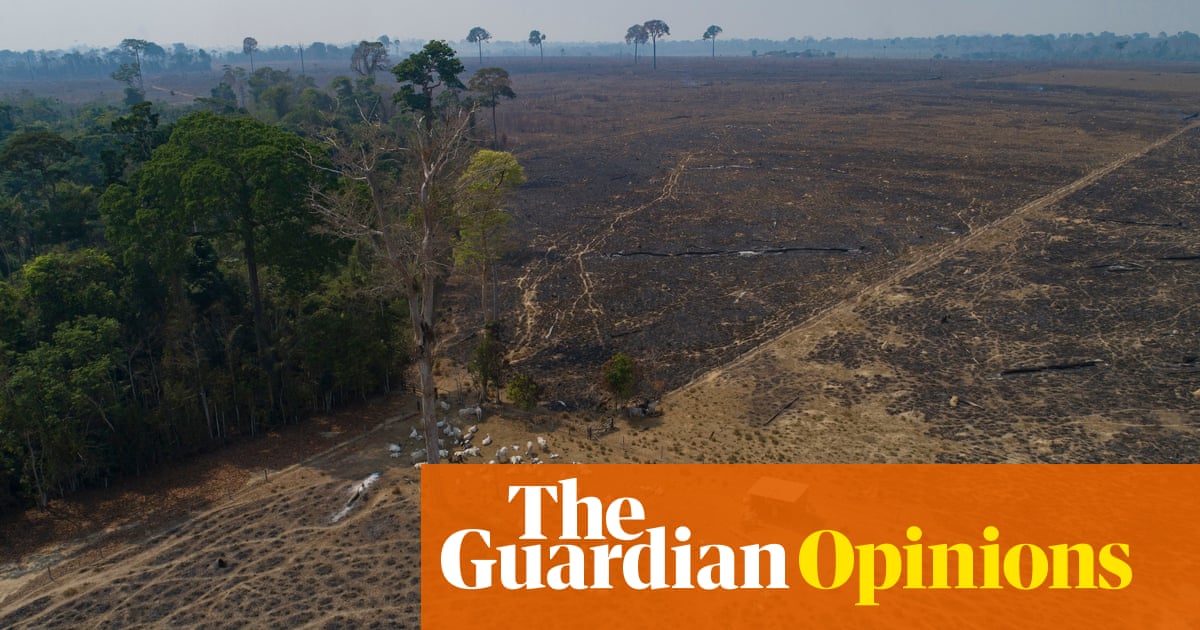
‘Do you want Total War?” Goebbels demanded of the Nazi faithful as the Second World War went south for Germany in 1943. He depicted a Reich surrounded by evil Jewish cosmopolitan conspirators bent on its destruction and he advocated for total mobilisation and to embrace a glory-in-death ideology.
Vladimir Putin delivered his own (partial) version last week. As the Ukraine war goes south for Russia, he claimed the defeats are the result of cosmopolitan conspiracies bent on destroying Russia and he had to announce (partial) total mobilisation. He called on Russians’ sense of historical mission and implied Russia was ready to use nuclear weapons. “This isn’t a bluff,” he insisted.
Putin likes to imitate the worst of 20th-century totalitarian propaganda, but does his message work, at home and abroad? Or is Putin starting to make the same propaganda blunders he made on the battlefield? Russian state propaganda drips with the pathos of martyrdom. Russians are meant to love the pain of proving how tough they are, surviving everything from the Gulag to the extreme weather, as compared with the effete west. The propaganda taps incessantly into the myth of the Second World War, in which Russians are described as unique among nations in their readiness to sacrifice themselves for a greater cause. On the anniversary of that war, the state organises marches where people carry placards of dead veterans, “the immortal regiment”: death in war brings immortality in the heaven of state propaganda. There’s a suicidal bravura, a “let’s destroy the whole world” implication in the popular catchphrase “What’s the point of the world if there’s no place for Russia in it?”. Putin’s nuclear threats are snarled with relish, as if sadistically summoning the Gods of Total Destruction.
As with the Nazis, rational self-interest is meant to be swallowed up in the community of the state. But look closer and the picture gets more complicated – and vulnerable.
The myth of martyrdom and resilience is suspect. Ukrainians have a genuine tradition of suffering for the cause of national liberation – and success through sacrifice. For centuries, Ukrainian poets and rebels proved themselves ready to bear unjust imprisonment, executions and genocide to fight for their national and linguistic rights. Many of Ukraine’s heroes, such as the poets Taras Shevchenko and Vasyl Stus, suffered Russian prisons and tortures, and their underlying spirit of resilience is being proved on the battlefield.
Russians have indeed been killed en masse, most often by their own state, but, unlike Ukrainians, they do not celebrate their own dissidents. These are hated and damned in state propaganda and by the public at large. Real courage is derided. Instead, mass oppression has resulted in a society that celebrates passive conformism. Bravura is celebrated on the screen, but as a way to compensate for the way society is actually cowed. You are crushed by the state and then compensated with patriotic heroics on television and sadism towards the weakest in your own society and others (in this case, Ukraine).
The great difference with Nazi propaganda is that while the former was geared to action and mobilisation, Putin’s propaganda is geared to demobilisation: sit on the couch, feel strong by watching propaganda and let the Kremlin run things. Beneath the rhetoric of self-sacrifice, Putin’s propaganda has traditionally allowed for self-interest or, at least, self-preservation. You go to war spouting patriotic rhetoric, but really you are in it because it allows for loot and rape. You enjoy the highs of patriotic rhetoric at home, but really your interest is in being allowed to pursue corruption, great and small. Putin’s trick is to dress self-interest in patriotic propaganda. Now those two things are splitting. Going to the front just means pointless death. It’s now clear the “partial” mobilisation is not partial at all; people are being grabbed on the streets and packed off to war. On social media, the sentiment towards mobilisation is highly negative. In polling, even the most pro-Putin Russians are against it. The war in Ukraine was meant to be a movie, not a personal sacrifice.
Putin’s threat of nuclear war may backfire, too. It’s meant to intimidate the west and Ukraine but it can upset his own people more. If there’s one thing Russians fear more than Putin, it’s nuclear war – and now he’s the one bringing it closer. For both the elite and the “ordinary” Russians who I’ve spoken to recently, the calculation is about whether the risk of going against Putin is bigger than the risk of sticking with him. So far, rebelling has seemed the bigger risk; does the nuclear topic change that? Much depends on how the international community reacts. We need to show that the closer he gets to a nuclear threat, the more devastating the reaction will be: military, economic and diplomatic. He will even lose China.
Losing public opinion in Russia is not the same as in a democracy. It doesn’t necessarily lead to protests, let alone losing non-existent elections. But being able to show you can control public opinion, through fear and propaganda, is one of the emblems of tsardom. Putin has lost control of the military situation. Losing control of propaganda will show that beneath the shiny fascist boots are feet of clay. Now stamp on them.
Peter Pomerantsev is the author of Nothing Is True and Everything Is Possible: Adventures in Modern Russia












